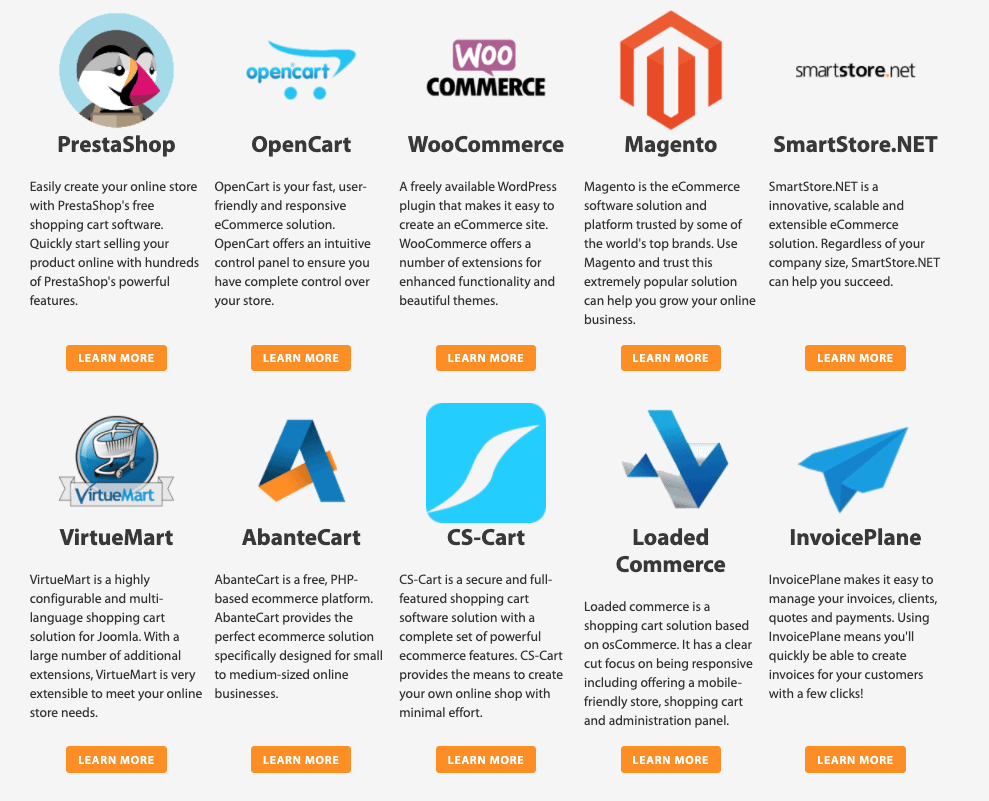Web hosting for ecommerce websites plans
Choosing the right web hosting plan for your ecommerce website is crucial for the success of your online store. With a variety of options available, it can be overwhelming to decide which plan is best for your specific needs. In this article, we will explore different hosting plans and discuss their features to help you make an informed decision.
Shared Hosting
Shared hosting is a popular option for small businesses and startups who are looking for an affordable hosting solution. With shared hosting, your website shares server resources with other websites, making it a cost-effective choice. However, this can also lead to slower loading times and less reliable performance, especially during peak traffic hours.
VPS Hosting
Virtual Private Server (VPS) hosting offers more dedicated resources compared to shared hosting. With VPS hosting, your website is hosted on a virtual server that mimics a dedicated server environment. This results in faster loading times, better security, and more control over your hosting environment.
Dedicated Hosting
For high-traffic ecommerce websites, dedicated hosting is the ideal choice. With dedicated hosting, you have an entire server dedicated solely to your website, giving you the highest level of performance, security, and customization options. While dedicated hosting is more expensive than shared or VPS hosting, the benefits it offers make it worth the investment for large ecommerce businesses.
Cloud Hosting
Cloud hosting is a scalable and flexible hosting solution that utilizes multiple servers to ensure optimal performance and uptime for your ecommerce website. With cloud hosting, your website is not reliant on a single server, reducing the risk of downtime or performance issues. This makes cloud hosting a reliable option for ecommerce websites that experience fluctuating traffic levels.
Managed Hosting
Managed hosting is a hands-off hosting solution where the hosting provider takes care of all the technical aspects of managing your server, such as security updates, backups, and server maintenance. This allows you to focus on running your online store without having to worry about the technical details of hosting. While managed hosting is more expensive than other hosting options, the peace of mind it offers can be invaluable for ecommerce businesses.
Conclusion
When choosing a web hosting plan for your ecommerce website, consider factors such as traffic volume, budget, security requirements, and technical expertise. By understanding the features and benefits of different hosting plans, you can select the best option that meets your specific needs and helps your online store thrive.
